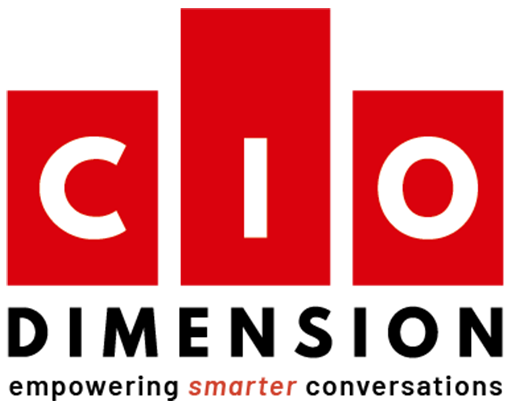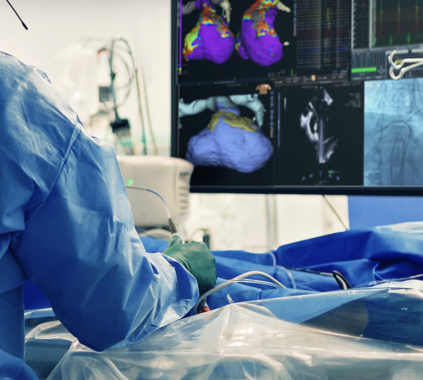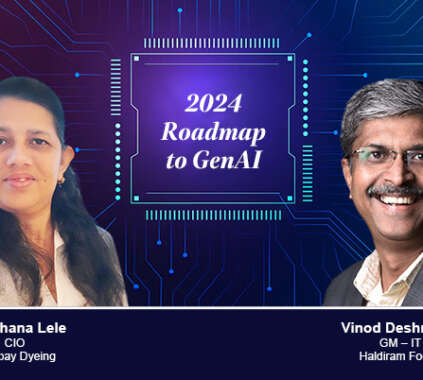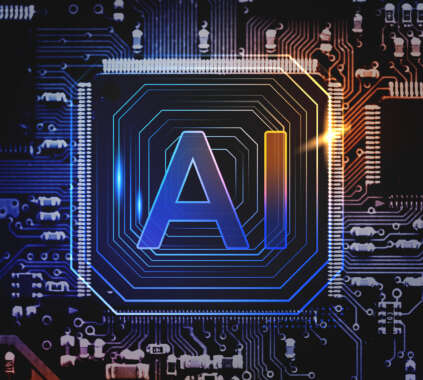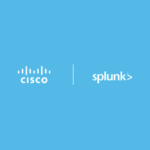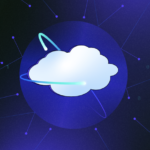Jira, the quintessential issue tracking tool, has become a household name among software developers since its launch in 2002. The makers of Jira – Atlassian – has come a long way in the last 20-odd years. With over 260,000 customers and 10,000 employees, the company today offers a suite of products including different flavours of Jira, Confluence, Trello, Bitbucket and Compass among others.
Rajeev Rajan, Atlassian’s CTO, who joined the company in July last year, has an ambitious roadmap to build one of the ‘top engineering teams in the world’. While he is at it, his past experience has proven invaluable.
Rajeev spent five years as VP and Head of Engineering for Facebook and Head of Office for Meta in the Pacific Northwest Region. Prior to that, he had long stint with Microsoft across multiple products from Exchange to SQL Server to Active Directory, and Office 365.
CIO Dimension caught up with Rajeev during his recent visit to India at Atlassian’s R&D center in Bangalore.
Excerpts from the interview:
You have always been a software/engineering leader in your career. How is your experience in companies like Meta and Microsoft guiding you at Atlassian and how are you doing things differently here?
I was really attracted to the Atlassian story. For an engineer, Atlassian is an iconic engineering company. It built Jira for engineers and serves over 260,000 companies around the world. As an engineer, it was a big attraction to be part of a brand that so many engineers across the world use.
I obviously bring a lot of best practices, as I have worked for companies that have exceptional engineering teams. I have seen good times and not so good times in both my previous companies. That has helped me identify some of the pitfalls and anti-patterns that we should avoid.
One of the things that I have done differently is to focus on developer productivity. I believe that our own engineers must become the most productive so that they can make every engineer in the world more productive.
What are the key gaps in developer productivity that you are trying to address here?
The definition of productivity here is not the traditional yardstick of efficiency or getting an engineer to write more lines of codes. That’s not the productivity I am looking at. It’s more about how we make an engineer feel the ‘developer joy’. As a developer, one needs to get to the ‘flow’ — you’ll know this better as a writer. Just like writing, coding needs to have a state of flow. I have started a whole new program around developer productivity at Atlassian. The idea is to ensure that we increase developer productivity to the point that the engineers feel excited about coding.
Atlassian has grown over time and a lot of our code has acquired the characteristics of legacy, monolithic codebase. And monoliths become harder to write code in as nobody understands the whole history. That’s where we started leveraging Microservices, by splitting the architecture into smaller components. We have been doing some work in this area so that our engineers are able to move much faster.
Building a strong engineering team has been a key focus area for Atlassian. Considering the uncertain employment landscape and other macro factors, this seems like a complex undertaking.
Keeping a high bar on talent is non-negotiable for us. We have up-levelled our practices to ensure that the people we hire are truly world-class engineers. We have done well in attracting talent from some top tier companies. We believe that the future is remote, distributed work and our “Team Anywhere” policy has resonated really well.
That said, we are not immune to the macro situation. So, we did pull back on some of our hiring goals globally and in India so that we can right-size the teams for the current business priorities. Mid-to-long term, we expect to hire even more as things pick up. We are going to be conscious about how we scale our growth, based on what we need for our business.
We are a company that invests as much as 40% of our revenue back into R&D; that’s an indication of our commitment. Our global engineering team is roughly about 5,500 engineers and we still continue to hire. We have about 1000 engineers in India alone and it is one of the fastest growing R&D centers globally.
As you rightly said, the future of work is remote, distributed and hybrid. How are some of these radical shifts influencing innovation at Atlassian?
We use our own products for everything we do. We track issues in Jira. This plays a crucial role in making our offerings suitable for remote and hybrid work environments. We focus a lot of self-service APIs that allow developers to independently work on and contribute to different software components. That helps them not to be restrained by geographical boundaries or someone else’s work. These practices are then incorporated into our products. Atlassian Compass for example allows Atlassian developers sitting anywhere in the world to locate different components, documents, APIs and so on, which in turn helps with the ‘developer flow’ that I earlier talked about.
Atlassian’s project tracking tool Jira is a go-to software for developers. How are your efforts to take Jira beyond the development world faring?
Our Jira Service management suite stemmed out of the idea that IT departments work a lot like software teams. That’s how we pivoted Jira to IT departments. That’s a successful second business that we have grown. We identified similar requirements in the HR, legal and finance departments. That’s how we made the Jira Work Management for all. Our mission is to help unleash productivity in all kinds of teams and we believe that Jira has a universal appeal.
More critically, the knowledge worker economy is ripe for revolution. The Office 365, Google Docs or Slack or Zoom are commodity tools and often really don’t make the big difference (in productivity of workforce). Companies, on the other hand, are seeking how they can unleash the productivity of knowledge workers. Especially the younger workforce that are mobile-first and are used to doing things digitally. Many of today’s office tools are simply digital versions of the analogue processes. In the new world, we need digital-first ways of doing things. And that’s the space that Atlassian is innovating in.
You alluded to the changing definition of developer productivity earlier. Does AI have a role in accelerating that shift? How is Gen AI going to change software development from here on?
AI is going to change everything. It’s as big a change that I have seen in my lifetime in technology – just like the revolution led by iPhone and previously Internet. Developers are already using coding assistants. They don’t have to write everything from the beginning on a code editor. A lot of mechanical and repetitive work is being done by Generative AI. Coding itself is changing.
Will we reach a point where everything gets written by AI? I don’t know.
But I strongly believe that human beings are moving up the (value) chain in terms of knowledge work. You will always need the humans to do the most intelligent and complex things. If you are an engineer writing codes, there is a lot of repetitive work that you do today. If those things are taken care of, the developers can focus on the real idea. It drastically improves their productivity.
At Atlassian, we believe that Gen AI is truly the next revolutionary wave and we are squarely on that journey. While we have been using AI in our products, we now have the power of LLMs (Large Language Models). A few months ago, we tapped OpenAI to introduce smarter features to our products. For example, we now have a chat agent and natural language interface which allows users to use different languages while using our tools. AI’s ability understand human language is truly transformational for software engineering.
That’s a big shift. What would this mean for today’s developers? Is this going to fundamentally change the way they look at software engineering?
Today, a lot of coding happens at the file level. The future, which is not far away, is going to be about assembling components. Let me use Home Depot (a multinational home improvement retailer) as a case in point. They have tools and components that help you build something entirely new or remodel an existing structure. That’s exactly how software is going to be – less about writing codes and more like the Lego blocks.
You don’t have to make everything from the scratch. If you go to any software company, almost everything is already written. Developers write some variation of it. There is a lot of effort wasted because we are not reusing. Reusable software is the future.
There are over four million engineers in India and a lot of them are rewriting things that are already written. If we had a repository of reusable objects, we wouldn’t have to constantly rewrite software modules. Which is why I believe that the low-code, no-code revolution is very powerful. Coding is not something only coding engineers should understand. Getting that power to more people will be the next evolution where programming is not just a domain of some set of engineers who understand 0s and 1s in their heads.
That’s going to be one of our focus areas going forward.
